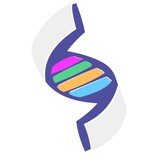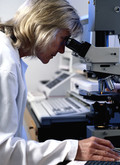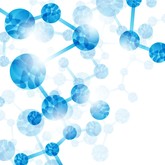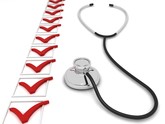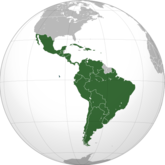Biosimilars
Country scorecards show biosimilar sustainability
Biosimilars are an important component of sustainable health systems as they provide alternatives to originator biological products once those products no longer have market exclusivity. Europe has the world’s largest biosimilar market, accounting for approximately 60% of the global market. European countries therefore serve as valuable examples of successful approaches to biosimilar policy [1]. Nevertheless, across Europe, the level of competition among biosimilars differs widely by country and by molecule, as does the extent of their use and their impact on pricing. Much of this variability can be linked to differences in health system policy elements that contribute to sustainable market conditions for biosimilars.
Budget savings from biosimilar infliximab in the UK, France, Japan and Korea
Biological medicines are attracting attention from policymakers and health insurers across countries due to their increased financial burden. The potential for biosimilars’ cost savings can be influenced by various factors, including supply-side (pricing policies) and demand-side (usage-enhancing) policies.
Samsung Bioepis launches Ontruzant in Brazil
South Korean biotechnology company Samsung Bioepis has announced the launch of their trastuzumab biosimilar Ontruzant in Brazil. The product was approved by the Brazilian health agency in May 2019.
Duopharma to establish Malaysia’s first commercial biosimilar facility
Malaysia-based manufacturer Duopharma Biotech aims to establish Malaysia’s first commercial biosimilar production facility. The company is also working to achieve halal certification for its erythropoietin biosimilar, Erysaa.
Cadila Pharmaceuticals launches two similar biologics in India
Indian generics maker Cadila Pharmaceuticals Ltd (Cadila) has launched two new similar biologics in the country: Bevaro (bevacizumab) and Ritucad (rituximab).
Celltrion’s biosimilars effective against gastric cancer and B-cell lymphoma
Recent clinical trial results confirm that Celltrion’s biosimilars Herzuma (trastuzumab) and Truxima (rituximab) are effective in the treatment of gastric cancer and B-cell lymphoma, respectively.
EC approval for trastuzumab biosimilar Zercepac
The European Commission (EC) has granted marketing authorization for the trastuzumab biosimilar Zercepac (HLX02) on 27 July 2020. The product is produced by the Shanghai Henlius Biopharmaceutical Co Ltd (Henlius), making it the first China-made biosimilar to receive approval in Europe.
WHO prequalifies Celltrion’s trastuzumab biosimilar Herzuma
The World Health Organization (WHO) has prequalified Celltrion Healthcare’s second biosimilar, a trastuzumab biosimilar sold as Herzuma.
Monoclonal antibody biosimilars and cancer in the EU
Spanish researchers investigated the current status of biosimilar monoclonal antibodies (mAbs) in the European Union (EU) by reviewing the regulatory pathway, the rationale for extrapolation and switching and the current status and future perspectives of the biosimilars approved in the EU [1].
The biosimilars market in Latin America: a summary
A review of the biosimilars market in Latin America [1] finds that Argentina, Brazil and Mexico have the largest number of approved similar biotherapeutic products (SBPs), while information in other countries is more limited. The review recommends investment in biotechnology hubs and further development of regulation on biological drugs.


